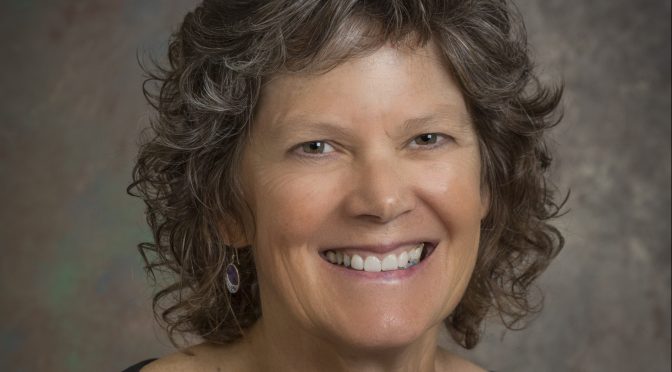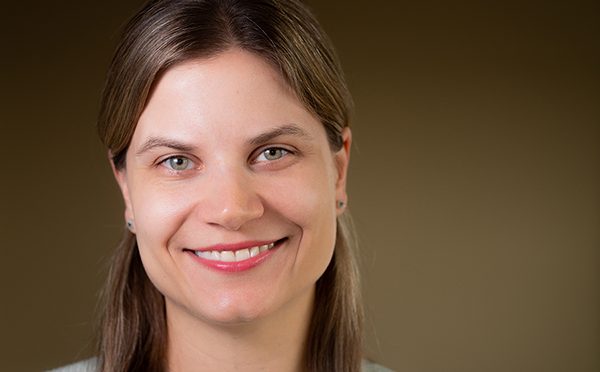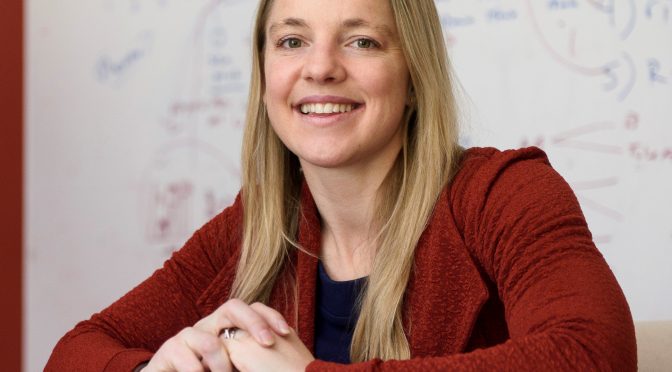
April 22, 2019 | Michael Otto, PhD Presenting on Context Matters: Internal Context, Distress Intolerance, and the Application of Psychosocial Treatment
Michael W. Otto, Ph.D., is Professor in the Department of Psychological and Brain Sciences and Senior Fellow in the Institute for Health System Innovation and Policy at Boston University. He has had a major career focus on developing and validating new psychosocial treatments, with a focus on treatment refractory populations including those with anxiety, bipolar, and substance use disorders. His work includes a translational research agenda investigating brain-behavior relationships in therapeutic learning, including the use of novel strategies to improve the consolidation of therapeutic learning. Dr. Otto’s focus on hard-to-treat conditions and principles underlying behavior-change failures led him to an additional focus on health-behavior promotion, including investigations of addictive behaviors, medication adherence, sleep, and exercise. Across these behaviors, he has been concerned with cognitive, attention, and affective factors that derail adaptive behaviors. Dr. Otto has published over 400 articles and over 20 books spanning his research interests, and he Dr. Otto was identified as a “top producer” in the clinical empirical literature, an ISI Highly Cited Researcher, and winner of the 2019 Distinguished Scientific Contributions to Clinical Psychology award from APA Division 12. His past leadership positions include serving as President of the Association of Behavioral and Cognitive Therapies, and President of Division 12 of the American Psychological Association.
Calling Info:
Meeting URL: https://meetings.webex.com/collabs/#/meetings/joinbynumber
Meeting Number: 191 616 728
If using phone line for audio/teleconferencing: +1-415-655-0001 and enter the meeting number, once prompted
If using audio from your computer: Once you join the meeting, select? Call Using Computer? to automatically connect





